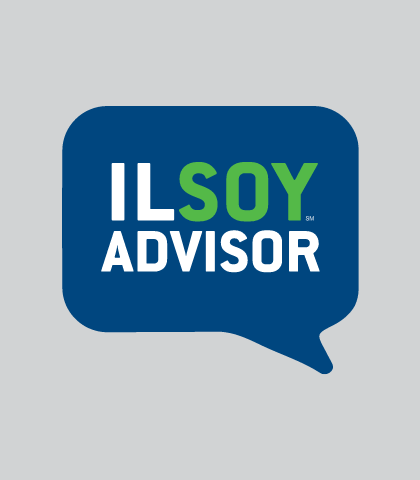I can’t plant soybeans in the rain, so I am thinking about planting my double-crop beans. That job is still far off in some respects, but there are a couple of things that need to be addressed before the combine goes to the wheat field. The first is weed seed control.
You may be wondering what wheat harvest has to do with weed control, but combines can be a source of weed control problems if we are not careful.
Allow me to elaborate.
Did you trade combines over the winter? Did you get a used machine? Where did it come from? Do you know what the last farmers weed control issues were on his farm?
All these questions are important. It is entirely possible that you could be bringing weed seed and increasing weed pressure on your farm with your “new” combine.
Worse yet you could be introducing herbicide tolerant or resistant weed seed into your fields. This can be true if you are getting a machine that has come from geographies where Palmer Amaranth is prevalent.
The first thing you need to do is to thoroughly clean and inspect the combine on the inside prior to wheat harvest. Don’t trust the clean and shiny exterior as a sign that it is weed-seed-free inside. Open it up, get inside and dig around, rake, blow or vacuum out all those nooks and crannies in the separating and cleaning areas. Look for “riders” on the frame and undercarriage as well.
I like to say, “We need to clean the machine like we are cleaning it to harvest soybean seed production fields.”
In weed control we stress, “Start clean. Stay clean.” to insure that we have every opportunity to produce a high yield crop. Start clean begins with the combine. Don’t spread unwanted weed seeds.




 and then
and then